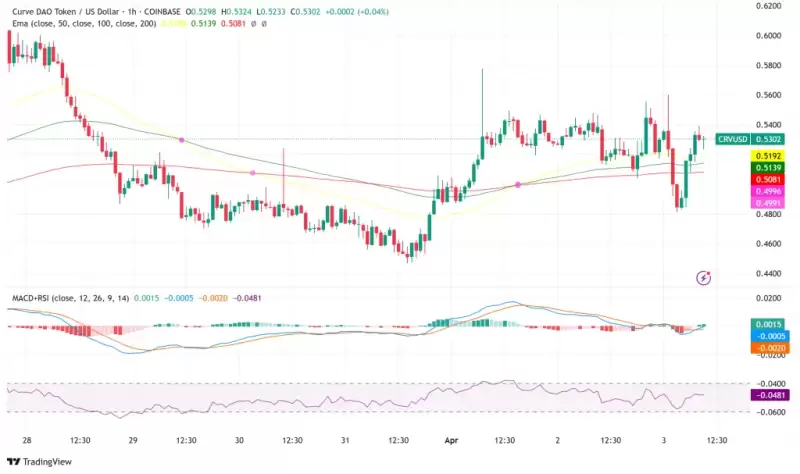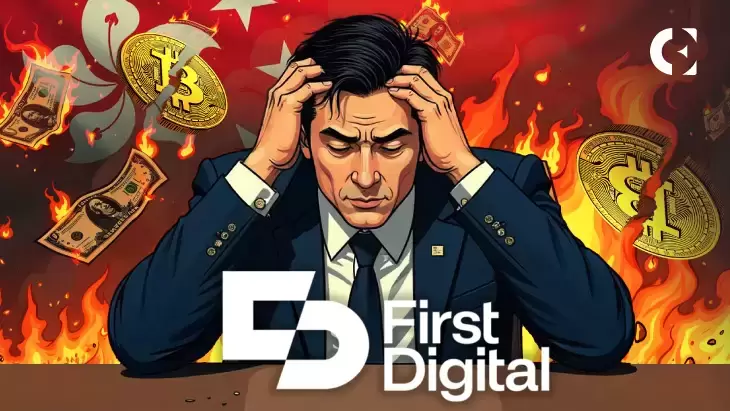 |
|
 |
|
 |
|
 |
|
 |
|
 |
|
 |
|
 |
|
 |
|
 |
|
 |
|
 |
|
 |
|
 |
|
 |
|
Cryptocurrency News Articles
Virtual Currencies in Video Games: A Trap for Gamers?
Sep 15, 2024 at 01:05 am
Activision Blizzard, Ubisoft – which offers NFT Lapins Crétins on The SandBox, and other big names in gaming are accused of using a well-honed trick

Seven video game giants are accused of manipulating consumers through the use of virtual currencies. The opacity of these currencies, which cannot be directly converted back into euros, makes it difficult for players to grasp the real cost of their purchases. This practice could impact the crypto industry.
Activision Blizzard, Ubisoft – which offers NFT Lapins Crétins on The SandBox, and other big names in gaming are being targeted by a complaint filed by several consumer protection associations. The associations are demanding action against the use of virtual currencies, which they claim are being used to manipulate consumers.
Their latest tactic? Introducing virtual currencies to encourage players to spend without being fully aware of it. Imagine this: you want to buy a stylish weapon or a fancy costume for your avatar, but, surprise, you first have to convert your euros into coins, gems, or other virtual currencies.
The problem? These conversions make the real cost of your purchases hard to grasp. Worse still, there is no way to convert these gems or coins back into euros once the purchase is made.
Result: players end up buying more virtual currency than necessary, without understanding how much real money they have spent.
According to UFC-Que Choisir, this opaque system deliberately biases consumers’ freedom of choice. This is where publishers, while hiding the real price of items, push players to open their wallets recklessly.
The issue falls within a broader context where cryptos and virtual currencies are flooding into gaming. With the rise of Play-to-Earn, a new model where players can earn crypto while playing, the line between leisure and investment becomes blurred.
But beware, not all platforms play fair. While some, like SpaceCatch, honestly reward players who catch aliens and earn cryptos, others use dubious practices.
Did you know that 42% of PC games use virtual currencies, and on mobile, this figure reaches 81%? Consumers, especially the younger ones, are easy targets. Each month, they spend on average €40 on video games without always understanding the real value of the items they acquire.
To add to this confusion, the items offered are never displayed in euros.
With such figures, publishers are not done monetizing the enthusiasm of players for virtual weapons or flashy skins.
In response to these practices, several consumer associations, supported by organizations such as UFC-Que Choisir and CLCV, are calling for reforms to regulate these virtual currencies. They are calling for greater transparency: it is urgent to display the prices of virtual items in real currency.
“Gamers should not need a calculator every time they want to make an informed decision“, says Agustin Reyna, from the European Bureau of Consumers’ Unions.
And what if Web3 and blockchain offered a fairer solution? Cryptos, while criticized in some cases, can also help players better manage their spending. Some projects show that Play-to-Earn game models where players actually earn cryptos are possible.
Rather than hiding the true cost of purchases, these alternatives propose that players earn currencies by actively participating in the game, while making transactions transparent.
Players can also turn to altcoins related to video games, offering new perspectives and fairer rewards. Here are some popular altcoins in this universe:
These currencies allow developers to create more open ecosystems focused on users, far from the opaque practices of traditional gaming giants.
Play-to-Earn is based on a simple principle: giving back to players a part of their earnings. SpaceCatch has understood this well, offering them the possibility to earn cryptos by catching aliens.
Disclaimer:info@kdj.com
The information provided is not trading advice. kdj.com does not assume any responsibility for any investments made based on the information provided in this article. Cryptocurrencies are highly volatile and it is highly recommended that you invest with caution after thorough research!
If you believe that the content used on this website infringes your copyright, please contact us immediately (info@kdj.com) and we will delete it promptly.
-

-

- Bitcoin (BTC) ETF Inflows Have Surged Again as Investors Ignore Trump's Reciprocal Tariffs
- Apr 03, 2025 at 02:45 pm
- Inflows into spot Bitcoin ETFs have surged once again as investors chose to look past the Trump reciprocal tariffs. The net inflows across all US ETFs for Bitcoin stood at $220 million
-

-

-

-

-

- How the 1995-S Kennedy Half Dollar Could Be Worth Over $6,000
- Apr 03, 2025 at 02:30 pm
- The 1995-S Kennedy Half Dollar might look like just another coin in your collection, but don't be too quick to dismiss it. This particular coin, especially the silver proof version, has gained significant attention in recent years.
-

-

- Bitcoin (BTC) price falls four per cent after Donald Trump imposes tariffs on trading partners worldwide
- Apr 03, 2025 at 02:25 pm
- Bitcoin as well as other major cryptocurrencies fell after US President Donald Trump imposed tariffs on trading partners worldwide, which triggered a slump in risky assets.



























































